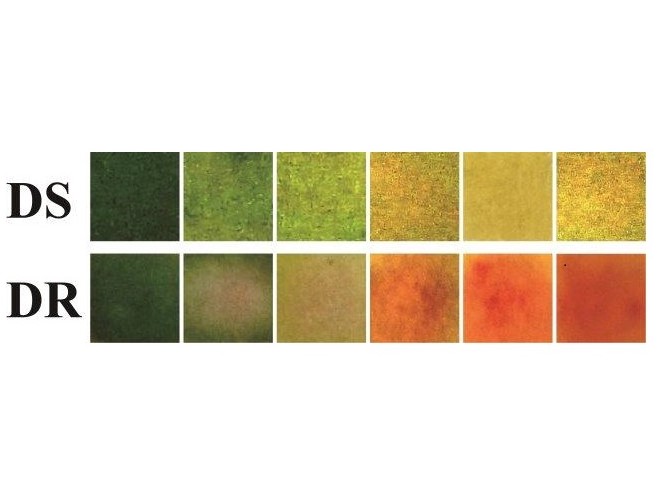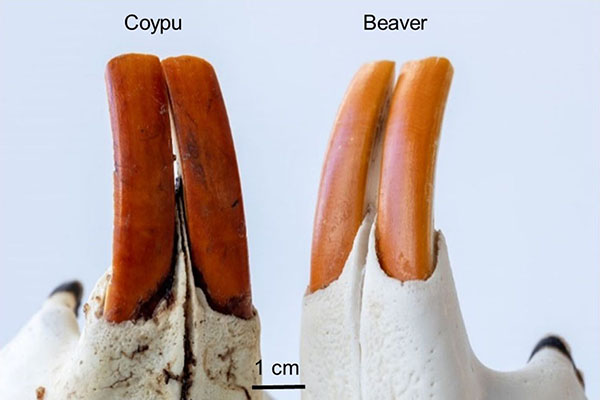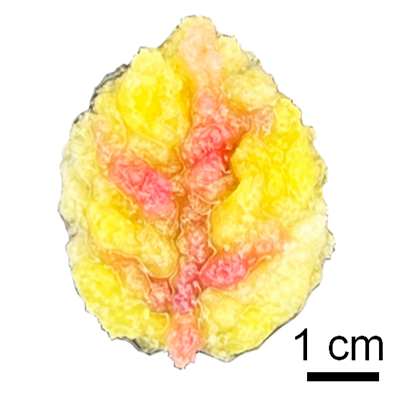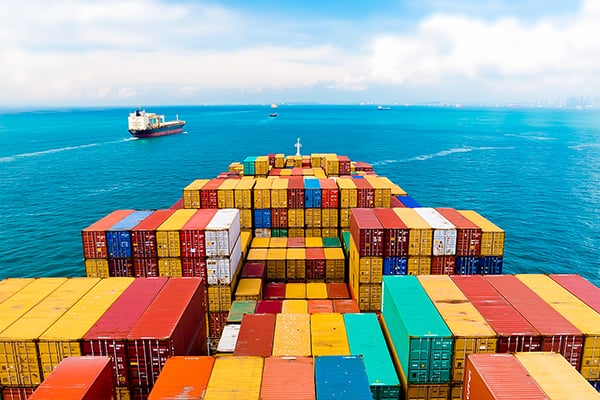What if we could invent materials that can repair themselves when damaged? Polymer molecules in various states – solid, melt, solution – are susceptible to covalent bond changes in response to mechanical fields. For example, traditional materials under load stress experience deformation which leads to deterioration. However, the “mechanophore hypothesis” proposes that new materials can be created that utilize selective bond activation where force drives a chemical change in selective and productive ways, leading to safer and longer lasting materials that are not susceptible to this cycle of deterioration.
Jeff Moore of the University of Illinois Urbana-Champaign will introduce you to the mechanophore hypothesis, including the history of polymer mechanochemistry over the past two decades. Then, Steve Craig of Duke University will share several examples of materials-chemistry interplay in polymer mechanochemistry. These case studies will highlight how scientists can harness the intrinsic strength of polymers to delve into, shape, and potentially redefine the underlying principles of reactivity, and use embedded mechanochemical reactions to probe, influence, and even rewrite the performance rules of polymeric materials. Following these examples, Jeff Moore will conclude the webinar by sharing a recently developed tool/framework that can help scientists approach designing mechanophores that are thermally stable but mechanochemically active, paving the way for mechanoresponsive functions in polymeric materials. Discover how polymers have transitioned from a history of degradation to a future where mechanical adaptability is opening avenues for materials that heal themselves, warn of high stress or can even repair electrical circuits.
This ACS Webinar is moderated by Junpeng Wang of the University of Akron and is co-produced with the ACS Division of Polymer Chemistry.
What You Will Learn
- Historical perspectives on polymer mechanochemistry
- How the mechanophore hypothesis impacts selective and beneficial mechanochemistry in polymers
- Why polymer mechanochemistry has a solid and quantitative foundation very much aligned with familiar reactivity principles
- How the presence of mechanochemical reactions can have a profound and productive impact on polymer performance
- Why embedding reactions in stretched polymeric materials can change the outcome of those reactions
- The restoring force triangle as a mnemonic tool for mechanophore design
Co-Produced With
What an attendee said about this ACS Webinar!

This webinar was extremely insightful and I believe that the key concepts shared with me today will play an important role in my future academic path. My interest for self-healing materials was only increased by this presentation.












